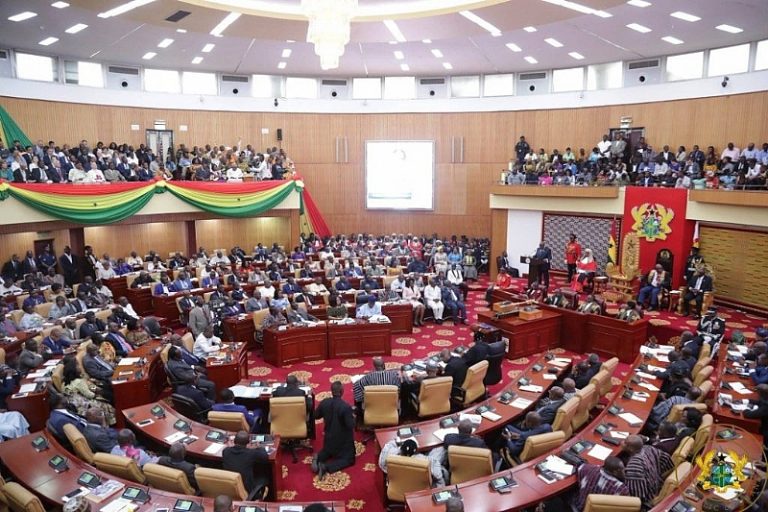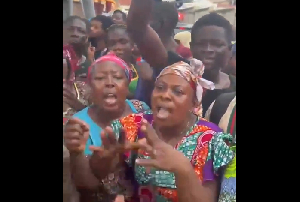Summary
- The number 7 shirt in football is one of the sport’s most coveted assets for an attack-minded player.
- There is a seven-decade span of careers within the list, with one entrant debuting in the 1950s and another debuting in the 2010s.
- Only two entrants of the 15 on this list are still playing professional football at the time of writing.
The number 7 shirt in the sport of football carries with it a great weight. Often, though not always, assigned to an attack-minded player, the number 7 is particularly prestigious, one of the single digit shirt numbers that tend to dictate the importance of a player within the team that they play for. Just as every striker hopes, one day, to wear the number 9 as one of the best, as every goalkeeper strives for the number 1 or as centre-backs aim to bear the number 6 on their back, the shirt number 7 is something that wingers, in particular, strive for.
Especially through the efforts of many players on this list, it has become a number that many crave as they aim to reach the top of their game, for only a player that is trusted by their club would be bestowed with it. Indeed, from the newer generation of players who have been excelling up and to the 2024/2025 season, Arsenal’s Bukayo Saka and Real Madrid’s Vinicius Jr have been given that mantle, and it’s fair to say that both have already been delivering on expectations thus far. So, with all of this being considered, who are the 15 greatest-ever number 7s to have played professional football?
Ranking Factors
Lists, as a concept, are subjective, with it being more than plausible that two lists on the same topic have differing entries based on the writer’s opinion. Having said that, this list has been ranked in accordance with the following:
- Overall quality – How good the player was, or is, over the course of their career.
- Honours won – The best players in football more often than not help their team to one or more triumphs.
- Longevity – How long has the player been active? How many years have they given to the game?
- Fan reception – A mark of a great player, the adoration shown to them by fan bases, both during and after their stints at a respective club.
|
The 15 Greatest Number 7’s in Football History
|
|
Rank
|
Name
|
Years Played
|
Wore Number 7 At
|
Appearances
|
Goals
|
Assists
|
Honours Won (In Career Overall)
|
|
1.
|
Cristiano Ronaldo
|
2002-present
|
Manchester United, Real Madrid, Juventus, Al Nassr
|
1,024+
|
768+
|
241+
|
5x Ballon d’Or, 5x Champions League, 3x Premier League, 2x La Liga, 2x Serie A, 1x Euros, 1x FA Cup, 1x Coppa Italia, 2x Copa del Rey
|
|
2.
|
Garrincha
|
1953-1972
|
Botafogo, Brazil
|
385
|
112
|
N/A
|
1x Ballon d’Or (Le nouveau palmares), 2x World Cup
|
|
3.
|
George Best
|
1963-1984
|
Manchester United, Northern Ireland
|
522
|
189
|
N/A
|
1x European Footballer of the Year (Ballon d’Or), 2x Football League First Division, 1x European Cup
|
|
4.
|
Eric Cantona
|
1983-1997
|
Leeds United, Manchester United
|
422
|
160
|
69
|
5x Premier League/Football League First Division, 2x FA Cup, 2x Ligue 1
|
|
5.
|
Luis Figo
|
1989-2009
|
Sporting CP, Barcelona, Inter Milan, Portugal
|
657
|
118
|
201
|
1x Ballon d’Or, 1x Champions League, 4x La Liga, 2x Copa del Rey
|
|
6.
|
Raul
|
1994-2015
|
Real Madrid, Schalke, Al-Sadd, New York Cosmos, Spain
|
916
|
383
|
157
|
3x Champions League, 6x La Liga, 1x DFB-Pokal
|
|
7.
|
Sir Kenny Dalglish
|
1969-1990
|
Celtic, Liverpool
|
830
|
237
|
(at least) 186
|
3x European Cup, 6x Football League First Division, 1x FA Cup, 4x Football League Cup, 4x Scottish Premier Division, 4x Scottish Cup
|
|
8.
|
David Beckham
|
1992-2013
|
Manchester United, England
|
720
|
127
|
225
|
1x Champions League, 6x Premier League, 1x La Liga, 1x Ligue 1, 2x FA Cup
|
|
9.
|
Robert Pires
|
1991-2015
|
Metz, Marseille, Arsenal, Villarreal, FC Goa, France
|
725
|
166
|
108
|
1x World Cup, 1x Euros, 2x Premier League, 2x FA Cup, 1x Coupe de la Ligue
|
|
10.
|
Jairzinho
|
1960-1982
|
Brazil, Cruzeiro
|
464
|
214
|
N/A
|
1x World Cup, 1x Brazilian Serie A, 1x Copa Libertadores
|
|
11.
|
Andriy Shevchenko
|
1993-2012
|
AC Milan, Chelsea, Dynamo Kyiv, Ukraine
|
671
|
341
|
99
|
1x Ballon d’Or, 1x Champions League, 1x Serie A, 1x FA Cup, 5x Vyshcha Liha (Ukrainian Premier League)
|
|
12.
|
Kevin Keegan
|
1968-1985
|
Liverpool, Hamburg, Southampton, Newcastle
|
598
|
232
|
123
|
2x Ballon d’Or, 1x European Cup, 3x Football League First Division, 1x Bundesliga, 1x FA Cup
|
|
13.
|
Franck Ribery
|
2000-2022
|
Marsielle, Bayern Munich, Fiorentina, Salernitana, France
|
632
|
151
|
224
|
1x Champions League, 9x Bundesliga, 6x DFB-Pokal
|
|
14.
|
David Villa
|
2000-2020
|
Valencia, Barcelona, New York City, Vissel Kobe, Spain
|
728
|
367
|
85
|
1x Champions League, 3x La Liga, 3x Copa del Rey, 1x World Cup, 1x Euros
|
|
15.
|
N’Golo Kante
|
2012-present
|
Chelsea, Al Ittihad
|
482+
|
29+
|
35+
|
1x Champions League, 2x Premier League, 1x Europa League, 1x FA Cup, 1x World Cup
|
15 N’Golo Kante
2012-present
After securing a move to Leicester City in 2015, N’Golo Kante never looked back. He was a crucial part of the Claudio Ranieri team that shocked the world with their 2015/16 Premier League triumph, departing for Chelsea after his sole season in the midlands.
Across seven years in London, Kante further developed and blossomed into one of the world’s best players. The defensive midfielder displayed immense levels of quality as he helped the Blues to winning a Premier League, Champions League, Europa League and an FA Cup.
Internationally, Kante broke into the French national team ahead of the World Cup in 2018, during which he was a key part of the squad that won it all, 20 years after the country had captured their first World Cup victory. Now plying his trade in Saudi Arabia, Kante is still part of his national side, which offers worldwide fans a sporadic reminder of just how good he still is.
14 David Villa
2000-2020
Spain’s all-time top goalscorer, David Villa, carved out a reputation for himself as a lethal finisher across his career. El Guaje spent the prime of his career in his native Spain, breaking out with Sporting Gijon and Real Zaragoza. In 2005, the same year he debuted for the Spanish national side, he moved to Valencia where, over five years, he established himself as one of Europe’s most-clinical strikers.
With lightning pace and an ambidextrous ability with both feet, Villa eventually earned a move to Barcelona, with whom he would win the Champions League. For his national side, Villa was a key part of the Vicente del Bosque side that won the Euros and World Cup back-to-back in 2008 and 2010 respectively.
13 Franck Ribery
2000-2022
Frenchman Franck Ribery had a nomadic start to his career, playing for five clubs in as many years. After two years back in his native France with Marseille, Ribery earned a move to Bayern Munich in 2007 where he would find not only a home, but the best form of his career.
Forming a feared wing partnership with Dutchman Arjen Robben, the pair being dubbed “Robbery,” Ribery spent 12 years in Bavaria, helping Bayern become the modern juggernaut that they still are. He won nine Bundesliga titles in those 12 years and achieved Champions League glory at the end of the 2012/13 season.
A winger known for his dazzling skill and rapid pace, by the time of Ribery’s departure in 2019 when he moved to Italy and joined Fiorentina, he had firmly become a Bayern Munich legend.
12 Kevin Keegan
1968-1985
A two-time Ballon d’Or winner and eventual England captain, Kevin Keegan spent three years with Scunthorpe before Bill Shankly convinced him to move to Liverpool. In six years on Merseyside, Keegan was able to display his full ability, helping the Reds win multiple First Division titles, an FA Cup and a European Cup as he reached the peak of his powers, becoming one of the world’s most frightening attackers.
Upon moving to Hamburg in 1977, Keegan became the most expensive German transfer of all time. Despite well-documented struggles early on, he soon became adored by the Hamburg faithful, who bestowed the “Mighty Mouse” nickname upon him. In his final season with the German club, he helped them reach the European Cup final, only to lose 1-0 to Nottingham Forest.
Related
Despite going up against the likes of Pele and Diego Maradona, a former Newcastle United star impressed Ballon d’Or winner Kevin Keegan the most.
11 Andriy Shevchenko
1993-2012
In England, Andriy Shevchenko is best known for his stint with Chelsea which, though solid enough, never matched the heights he had reached in his past. In that past, across seven years with AC Milan, Shevchenko established himself as one of Europe’s best strikers, the Ukrainian even winning a Ballon d’Or during his time at the San Siro.
Shevchenko was a crucial cog in the AC Milan team that dominated the early 2000s, winning a Serie A, Coppa Italia and a Champions League between 2002 and 2004. A strong dribbler and powerful finisher, as well as Ukraine’s record goalscorer, Shevchenko was capable of playing anywhere across the attacking line which only furthered what he was able to do with the mesmeric ability that he possessed.
10 Jairzinho
1960-1982
The successor to Garrincha, both at domestic and international level, Jairzinho had some enormous shoes to fill, with Garrincha being a much-loved fan favourite. Thankfully for his supporters, however, Jairzinho thrived with that mantle on his back, the winger making a name for himself with his blistering speed and ability and establishing himself as one of Brazil’s best.
It was only after Garrincha’s retirement that, for Brazil, Jairzinho was moved to his favoured right-wing position. After some consistent performances in qualification, it was at the 1970 World Cup that Jairzinho truly came into his own, spearheading their eventual victory in the competition. The Hurricane, as he would come to be known, scored seven goals, notching a goal in every round of the tournament, including one in the final over Italy that Brazil won 4-1.
9 Robert Pires
1991-2015
Robert Pires had big shoes to fill when he joined Arsenal, having been signed as a replacement for Marc Overmars who had joined Barcelona in a then-club record sale. Already in his mid-twenties, it took Pires some time to find his feet in England, but when he did, he never looked back.
After a year or two, the French international had seemingly gotten up to speed with the English game, going on to put in consistently impressive performances for the Gunners. Pires was part of the fabled Invincibles side, scoring 14 and creating seven goals as Arsenal became the first team to go unbeaten in an English season in 115 years.
8 David Beckham
1992-2013
If Cristiano Ronaldo is not the name that jumps to mind when thinking of number 7’s for Manchester United, then it is most likely David Beckham instead. Beckham became renowned for his mercurial ability with dead ball situations and general dynamism, with his abundance of technicality more than making up for a relative lack of pace in comparison to other wingers.
Beckham also wore the number 7 often on international duty with England, for whom he served as captain for six years, as he played for both the Red Devils and Real Madrid, often playing centrally for the latter. Sir Alex Ferguson once praised Beckham for his attitude, noting that “he practises with a relentless application that the vast majority of less gifted players wouldn’t contemplate.”
7 Sir Kenny Dalglish
1969-1990
“King Kenny,” as he is affectionately known by fans of Celtic and Liverpool, started his career in his native Scotland with the former of those two teams. After eight years and multiple honours with Celtic, he made the move south to Anfield, where he would spend 13 years before retiring.
A prolific goalscorer in his earlier years, though this declined somewhat as Dalglish’s age advanced, he still remained a crucial member of the Liverpool team in the 1980s. He went on to become player-manager for five years, eventually dedicating himself to pushing younger players through as he grew closer to retirement, having undoubtedly established himself as an icon on Merseyside.
Dalglish is also the record appearance maker and joint-record scorer for the Scotland national team, alongside Denis Law, with 30 goals.
6 Raul
1994-2015
Currently the manager of Real Madrid Castilla, having held that post since 2019, Raul is synonymous with Madrid. Joining their youth academy from city rivals Atletico Madrid in 1992, Raul debuted for the senior team in 1994 and would spend 16 years in the Spanish capital, winning three Champions Leagues and six La Liga titles.
Though Raul’s primary focus was goal scoring, that is not to say that he lacked in other aspects of his game. The Spaniard was more than capable of assisting his teammates, being deployed as an attacking midfielder at points later in his career when his rapid speed had lessened somewhat. What never diminished, however, was his brain, with Raul’s intelligence on the pitch being another highly praised aspect of his game.
5 Luis Figo
1989-2009
A gifted player, Luis Figo’s talents were recognised when, in 2000, he won the Ballon d’Or. That very year, Figo’s name was written into history when he set a world transfer record fee upon his move to Real Madrid, from bitter rivals Barcelona, in a deal that is still spoken about often to this day.
Figo spent the bulk of his career in Spain, becoming renowned for his blistering speed and eye-catching ability on the ball, beating the majority of his markers with relative ease. Upon moving to Inter Milan, Figo transitioned into a more central role to compensate for age robbing him of his pace, with his technicality making it a seamless shift.
4 Eric Cantona
1983-1997
“King” is not an easy epithet to earn within football, but Eric Cantona managed to do so during his time with Manchester United. The Frenchman’s first experience in English football was with Leeds United, with Cantona helping the Whites win the last ever First Division season before the introduction of the Premier League, with which came Cantona’s move to Manchester.
A gifted player on the ball, Cantona was as well known for his calibre as he was for his confidence. Despite playing further up the pitch as an attacker, Cantona possessed an impressive defensive work rate, displaying all of his abilities during his five years at Old Trafford before retiring at just 30 years old.
Related
Manchester United legend Eric Cantona picked Roy Keane, George Best and Diego Maradona in his ‘perfect XI’ back in 2006
3 George Best
1963-1984
George Best is a player that many remember for his lifestyle off of the pitch, especially in the modern day. Yet, regardless of any controversy he may have generated, there is no debate that Best is one of the best number 7s to ever have played the game.
Best’s style of play transfixed those that watched him, just as it surely would have astonished the people that he shared the pitch with. A two-footed player, Best’s exceptional speed and what he could do with the ball at his feet meant that very rarely was he faced against a defender who could cope with what he could do.
2 Garrincha
1953-1972
Despite being born with one leg that was shorter than the other and having no real interest in a professional career in football until his late teens, Garrincha went on to establish himself as one of the best number 7s to ever do it, the Brazilian being an innovator of many tricks and skills with the ball.
One of Brazil’s many talents in the mid-20th century, Garrincha famously led Brazil to glory in the 1962 World Cup after an injury to global superstar Pele. The duo played together on 40 occasions for their country, Brazil did not lose any of those matches.
Prior to 1995, the Ballon d’Or was given to players who played only in Europe. As part of the award’s 60th anniversary celebrations in 2016, a re-evaluation was conducted, considering players around the world for the prestigious honour across the years where only Europe-based players could win. In said re-evaluation, Garrincha was chosen as the alternative winner for the 1962 Ballon d’Or, originally won by Josef Masopust.
1 Cristiano Ronaldo
2002-present
Football’s all-time top scorer and the outfield player with the most appearances in the game, Cristiano Ronaldo is more than a legend and is understandably regarded by many as the best to ever do it. Starting out at Sporting, Ronaldo earned a move to Manchester United after a year of professional football.
From there, he went from strength to strength, developing into a superstar at Old Trafford before making the move to Real Madrid where, in nine years, he won two La Liga titles and four Champions Leagues, three of which were back-to-back-to-back between 2015 and 2018.
After Real Madrid, Ronaldo had a stint with Juventus and a brief return to Man United before heading to Saudi Arabia, where he still plays at the time of writing. It is hard to judge when Ronaldo will retire, given he is now 40 and has shown no signs of slowing down. When that day comes, however, it will spell the end of an era within the sport.
 Gabriel Tanko Kwamigah-Atokple is a Member of the Council of State
Gabriel Tanko Kwamigah-Atokple is a Member of the Council of State






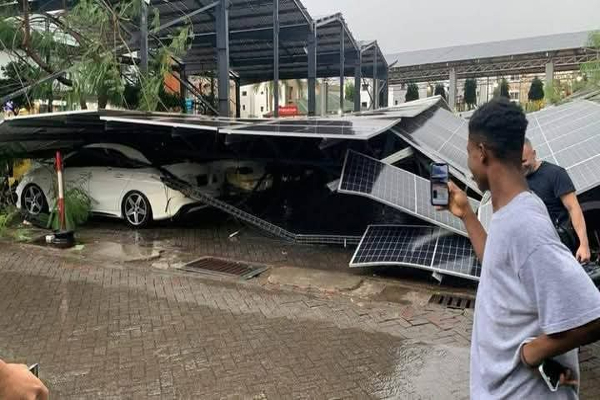
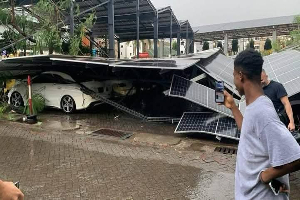
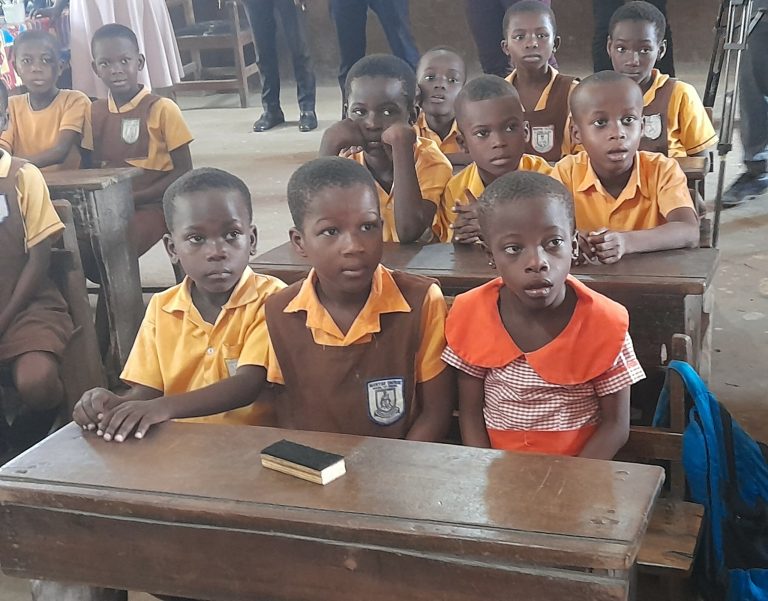
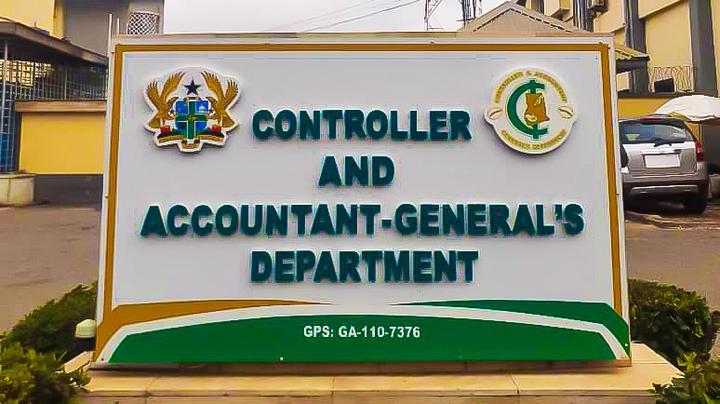


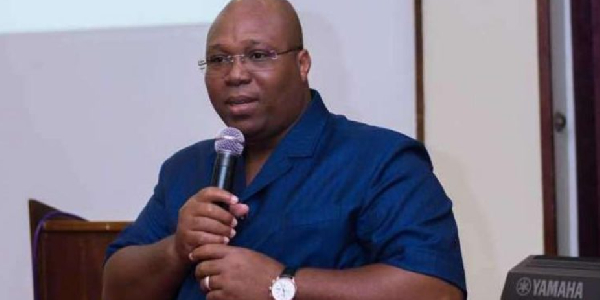
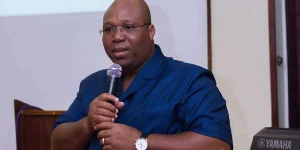
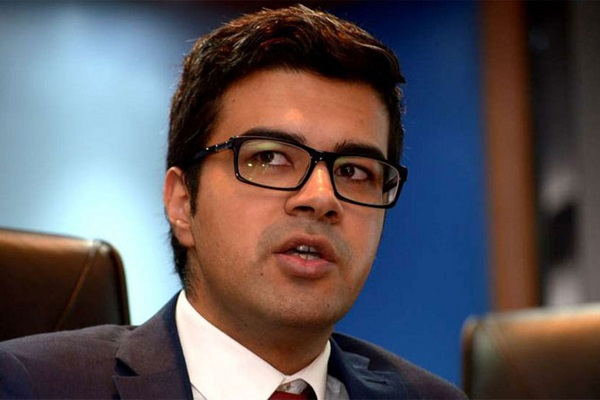
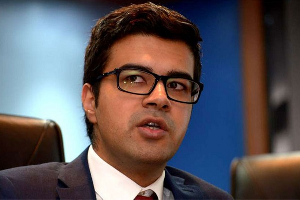

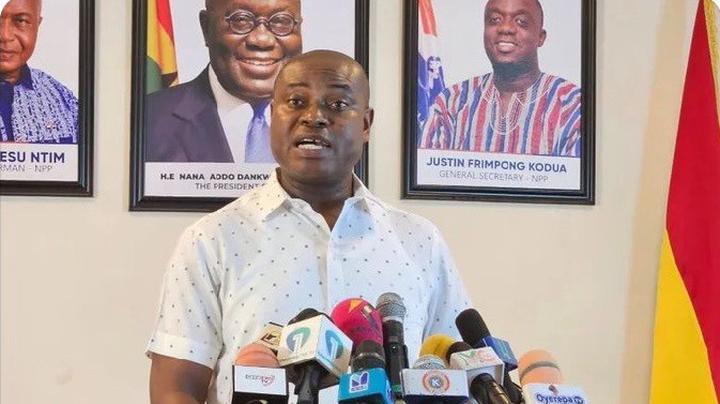


 Advocates for Biodiversity Conservation (ABC), a non-profit environmental organization, has raised concerns over the uncontrolled cutting of bamboo, warning of severe environmental and economic consequences if urgent action is not taken.
Advocates for Biodiversity Conservation (ABC), a non-profit environmental organization, has raised concerns over the uncontrolled cutting of bamboo, warning of severe environmental and economic consequences if urgent action is not taken.





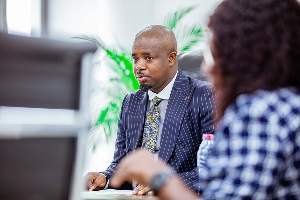



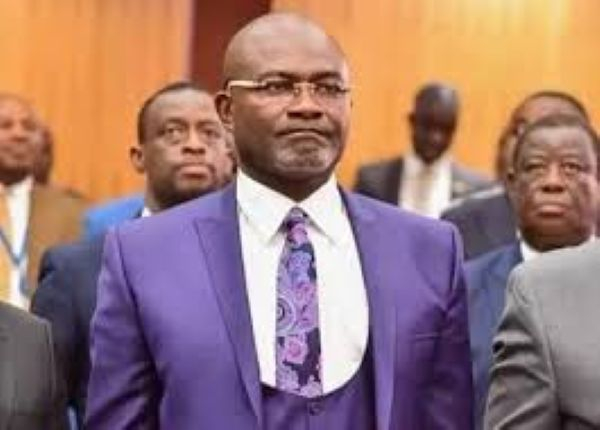
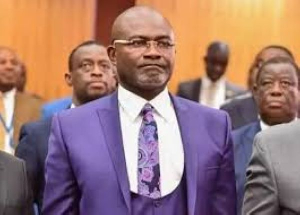
![Some appointment letters were issued by Dec 9 but… Former Ghana Post MD [Audio] Some appointment letters were issued by Dec 9 but… Former Ghana Post MD [Audio]](https://www.ghanamma.com/wp-content/uploads/2025/03/eb0568da24a13f04b7f24e136d0b3281.jpeg)
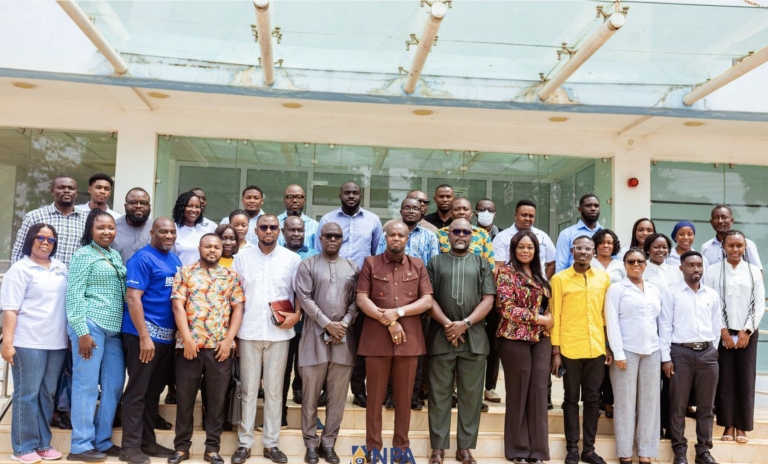


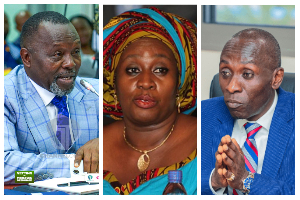

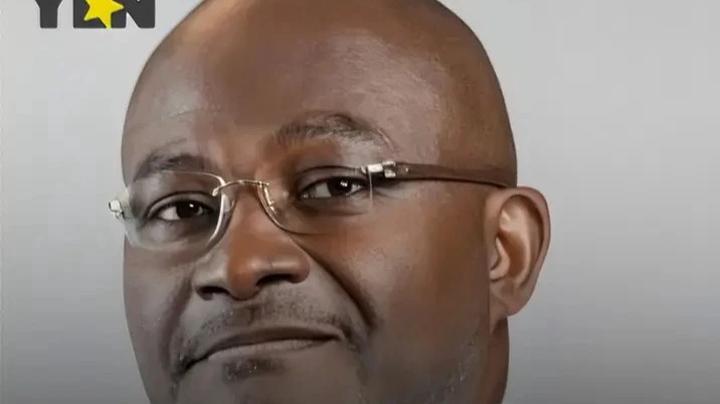

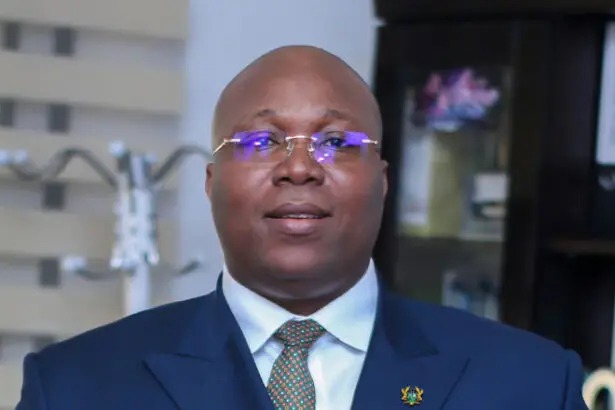

![John Jinapor [L] and Godwin Asare-Bediako John Jinapor [L] and Godwin Asare-Bediako](https://cdn.ghanaweb.com/imagelib/pics/894/89497455.295.jpg)















